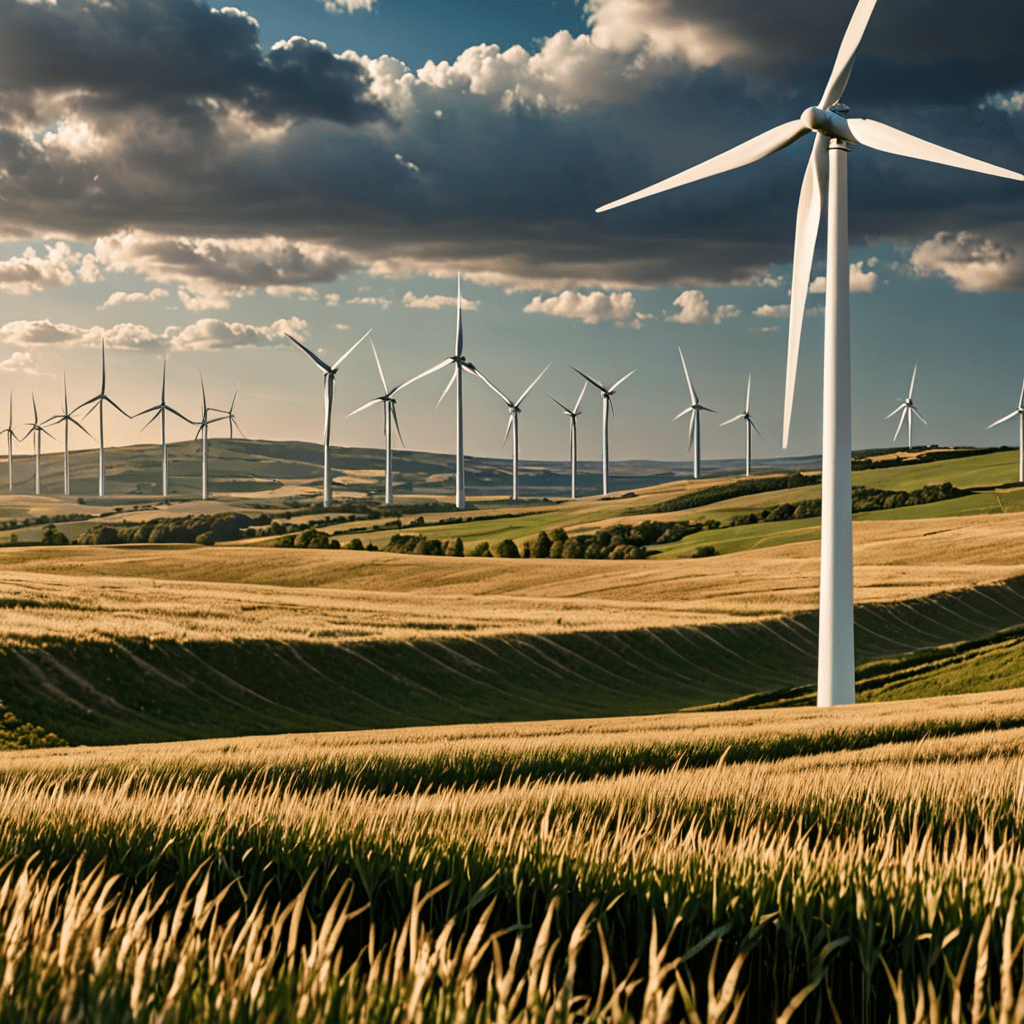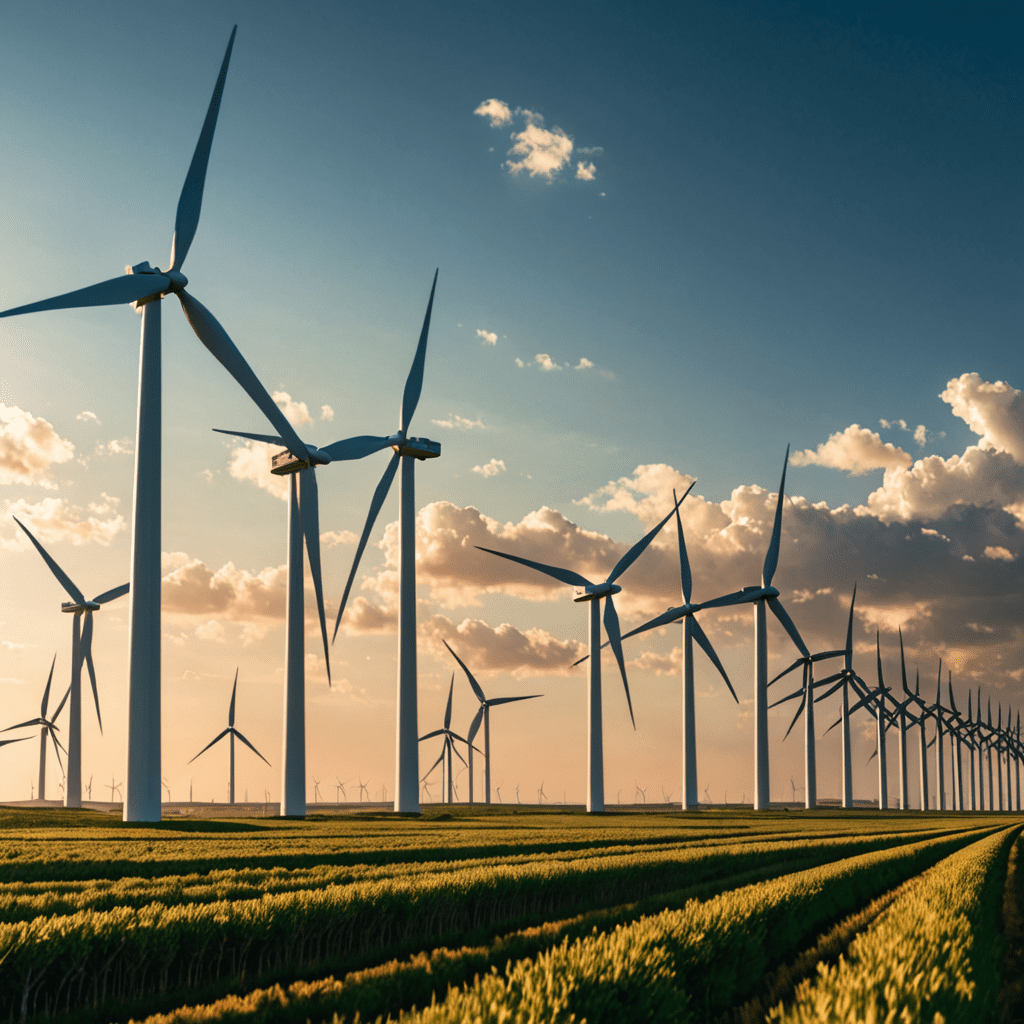Biomass Energy: Balancing Food and Fuel Production
Introduction to Biomass Energy
Biomass energy is a renewable energy source derived from organic materials such as crops, forest residues, agricultural waste, and algae. This energy can be converted into various forms like biofuels, biopower, and bioproducts.
Advantages of Biomass Energy
Biomass energy is considered environmentally friendly as it reduces greenhouse gas emissions and helps in waste management. It also promotes energy independence and rural development.
Challenges in Balancing Food and Fuel Production
One of the major challenges with biomass energy is the competition between food and fuel production. The cultivation of energy crops for biomass can potentially lead to deforestation, habitat destruction, and food price increases.
Sustainable Practices in Biomass Energy
To address the issue of balancing food and fuel production, sustainable practices such as utilizing waste and residues for biomass production, promoting agroforestry, and implementing land-use policies are crucial.
Technological Innovations in Biomass Energy
Advancements in technology have led to more efficient biomass conversion processes, enabling the production of biofuels with reduced environmental impact. Innovations like second-generation biofuels hold promise for a more sustainable future.
Government Policies and Regulations
Government policies play a vital role in ensuring the sustainable production of biomass energy. Regulations regarding land use, carbon sequestration, and sustainability criteria for biofuels are essential to mitigate potential negative impacts.
Conclusion
Biomass energy offers a renewable alternative to fossil fuels, but it is crucial to balance food and fuel production to avoid negative environmental and social consequences. By implementing sustainable practices and adhering to stringent regulations, biomass energy can contribute to a more sustainable energy future.
FAQs About Biomass Energy: Balancing Food and Fuel Production
What is biomass energy?
Biomass energy is renewable energy derived from organic materials such as wood, agricultural crops, and organic waste. It can be converted into biofuels, electricity, or heat, offering a sustainable alternative to fossil fuels.
How does biomass energy impact food production?
Balancing biomass energy and food production is crucial to ensure sustainable development. The use of food crops for biofuels can compete with food production, leading to potential food shortages and increased prices. It is important to prioritize the use of non-food biomass sources for energy production.
What are the benefits of biomass energy?
Biomass energy helps reduce greenhouse gas emissions, supports rural economies through biomass cultivation, and provides a reliable source of renewable energy. By utilizing organic waste and sustainable biomass sources, we can reduce reliance on fossil fuels and mitigate climate change.
How can we sustainably manage biomass energy production?
Sustainable biomass energy production involves promoting the use of non-food biomass sources, implementing efficient conversion technologies, and practicing responsible land management. By prioritizing sustainability and resource efficiency, we can effectively balance food and fuel production in the biomass energy sector.


